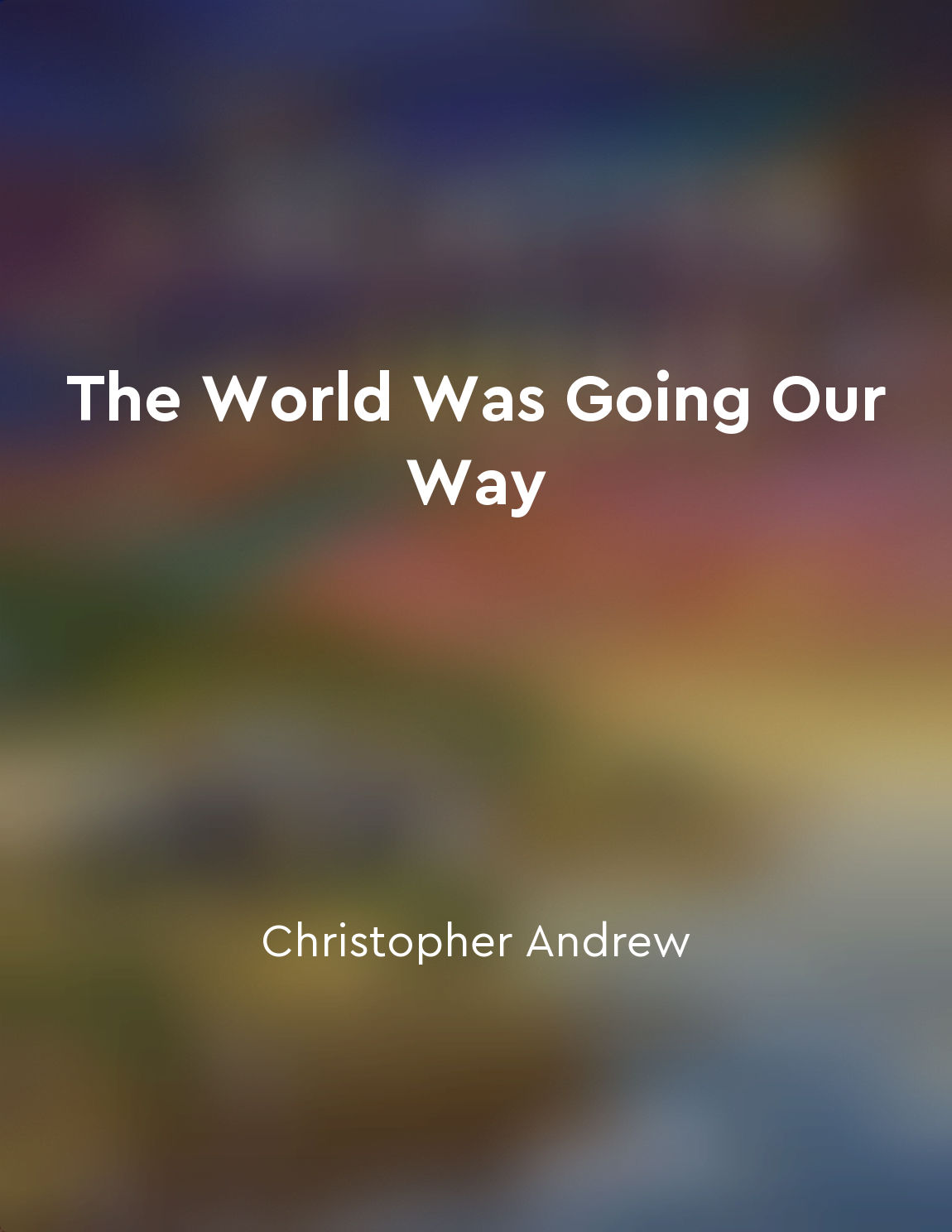Diplomatic recognition from "summary" of International Relations: The Key Concepts by Martin Griffiths,Terry O'Callaghan
Diplomatic recognition is a fundamental concept in international relations, signifying the formal acknowledgment by one state of the existence of another state. This act is crucial in establishing the legitimacy and sovereignty of a state within the international community. Without diplomatic recognition, a state may struggle to engage in diplomatic relations, participate in international organizations, or access crucial resources and support from other states. The process of diplomatic recognition involves a complex interplay of political, legal, and strategic considerations. States may choose to recognize a new state based on a variety of factors, such as shared values, economic interests, or strategic alliances. Conversely, states may withhold recognition for political reasons, such as disputes over territory, human rights abuses, or conflicting ideologies. Historically, the recognition of new states has been a contentious issue, with competing claims and rivalries complicating the process. For example, during the Cold War, the United States and the Soviet Union often engaged in "diplomatic recognition wars," each seeking to gain influence by recognizing or withholding recognition from emerging states aligned with their respective blocs. The criteria for diplomatic recognition are not always clear-cut, leading to debates and disagreements among states. This ambiguity allows states to leverage recognition as a tool for advancing their interests and exerting influence in the international system. In some cases, states may extend or withhold recognition as a means of pressuring other states to comply with their demands or objectives.- Diplomatic recognition plays a vital role in shaping the dynamics of international relations, reflecting the power struggles, alliances, and conflicts that define the global political landscape. By understanding the complexities and implications of diplomatic recognition, policymakers and analysts can better navigate the intricacies of state interactions and anticipate the potential consequences of their decisions.
Similar Posts
Future of political order uncertain in a rapidly changing world
The tumultuous events of recent years have underscored the uncertainty surrounding the future of political order in our rapidly...

Vietnam War, Tet Offensive, US withdrawal
The Vietnam War was a pivotal moment in the Cold War, with the United States supporting South Vietnam against the communist for...
Policy recommendations
In considering the complex economic challenges facing post-war Europe, it becomes imperative to identify and implement appropri...
Surveillance and data collection have implications for privacy
In our modern world, the rise of surveillance and data collection has raised significant concerns about privacy. The increasing...

Environmental degradation threatened our planet
Environmental degradation was a serious concern that plagued our planet during a certain period in history. The reckless exploi...

Economic factors play a significant role in the region's stability
The stability of a region is intricately linked to its economic conditions. This is particularly true in the Middle East, where...
Embrace the journey of navigating change
To succeed in today's rapidly changing world, it is crucial to adopt a mindset that embraces the journey of navigating change. ...

Terrorism has become a significant threat to global security
The threat of terrorism looms large over the world today, with its reach extending far beyond national borders. The indiscrimin...
The Far West values individualism, freedom, and selfreliance
The Far West values individualism above all else. This is a region where people prize their independence and autonomy, and wher...
The promise of America is worth fighting for
The idea that the promise of America is worth fighting for is one that has been central to our nation's story from the very beg...

